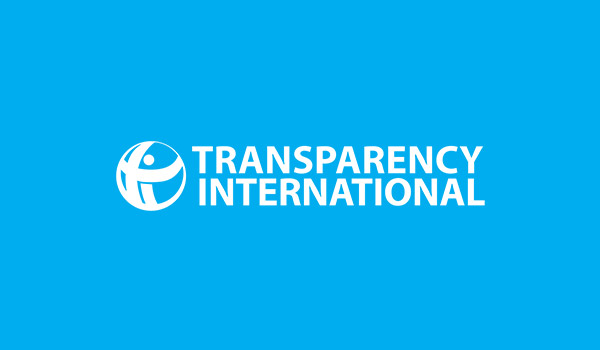TISL launches 2019 Global Corruption Barometer report

Transparency International Sri Lanka (TISL) today launched the 2019 Global Corruption Barometer (GCB) report for Sri Lanka.
The Global Corruption Barometer is the world’s largest public opinion survey on views and experiences of corruption. As a poll of the general public it provides an indicator as to how corruption is affecting individuals on a national level and how efforts to curb corruption are viewed on the ground.
The survey provided 4 key findings:
- When asked which key State institution they trust the most amongst the Judiciary, Government and Police, a majority of the public selected the Judiciary with 73% saying they had either a fair amount of trust or a great deal of trust in the courts. This is in stark comparison to the Government at 47% and the Police at 57%.
- A quarter of the public found it acceptable to pay a bribe to obtain or expedite certain public services. Two-thirds of the public found these practices to be unacceptable.
- Almost half of all respondents (46%) believed that sextortion, a form of corruption which occurs when a public official indicates the willingness to provide a government benefit in exchange for sexual favours, happened either occasionally, often, or frequently. Urban dwellers felt it to be more frequent than rural dwellers. However, within the rural sector, the data shows a greater vulnerability amongst those within the estate sector.
- 86% of the public had some awareness of the existence of the Commission to Investigate Allegations of Bribery or Corruption (CIABOC). However, 72% were unaware of the existence of a mechanism to report incidents of bribery or corruption.
TISL Executive Director Asoka Obeyesekere said, “These findings provide key opportunities for the state to refocus its efforts to combat corruption. The government and the police should also strive to foster greater trust in themselves. The alarming prevalence of sexual bribery must also be directly addressed, especially given the multiple challenges in supporting victims”.
Obeyesekere added, “It is clear from these findings that as the main anti-corruption agency in the country, CIABOC must strengthen and expedite the implementation of its ambitious 2-year National Action Plan. Whilst it is encouraging that the public is overwhelmingly aware of the Bribery Commission, the lack of awareness on the existence of a mechanism to report corruption underscores the challenges in fighting corruption”.
He concluded, “Whilst the government must adopt a zero-tolerance policy towards corruption, the fact that a quarter of the public find it acceptable to pay a bribe to obtain certain services, illustrates a public indifference to the consequences for engaging in corruption. Whilst stronger enforcement of the law could address this indifference to an extent, there must be an honest review of the resources and skills required to effectively fight corruption – and the government should allocate resources accordingly – in light of President Rajapaksa’s manifesto commitment to fight corruption”.
The GCB 2019 Sri Lanka report published by TISL is a summary report of a survey conducted in all 9 provinces in the first quarter of 2019. The survey incorporates a stratified sample of 1,300 citizens aged 18-80 years, from urban and rural settings.
(Source: News Radio)
Latest Headlines in Sri Lanka
- Sri Lankan President orders swift livelihood restoration for disaster-hit communities December 13, 2025
- Sri Lanka receives over USD 7 Billion in remittances in 2025 December 13, 2025
- Sri Lanka Parliament summoned to meet on December 18 December 13, 2025
- Sri Lanka and Italy renew agreement on mutual recognition of driving licenses December 13, 2025
- Asoka Ranwala granted bail December 12, 2025


